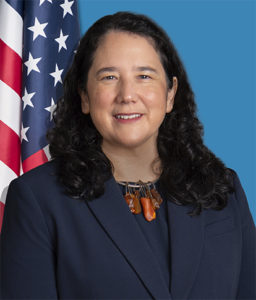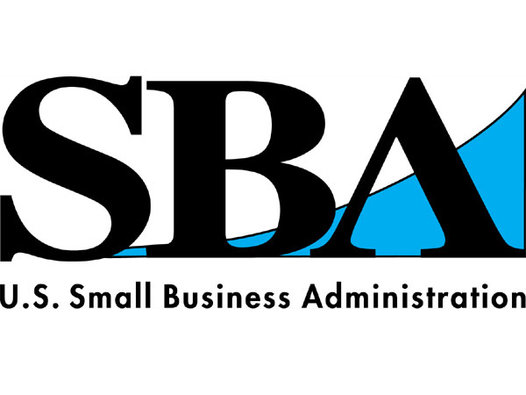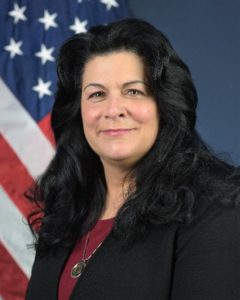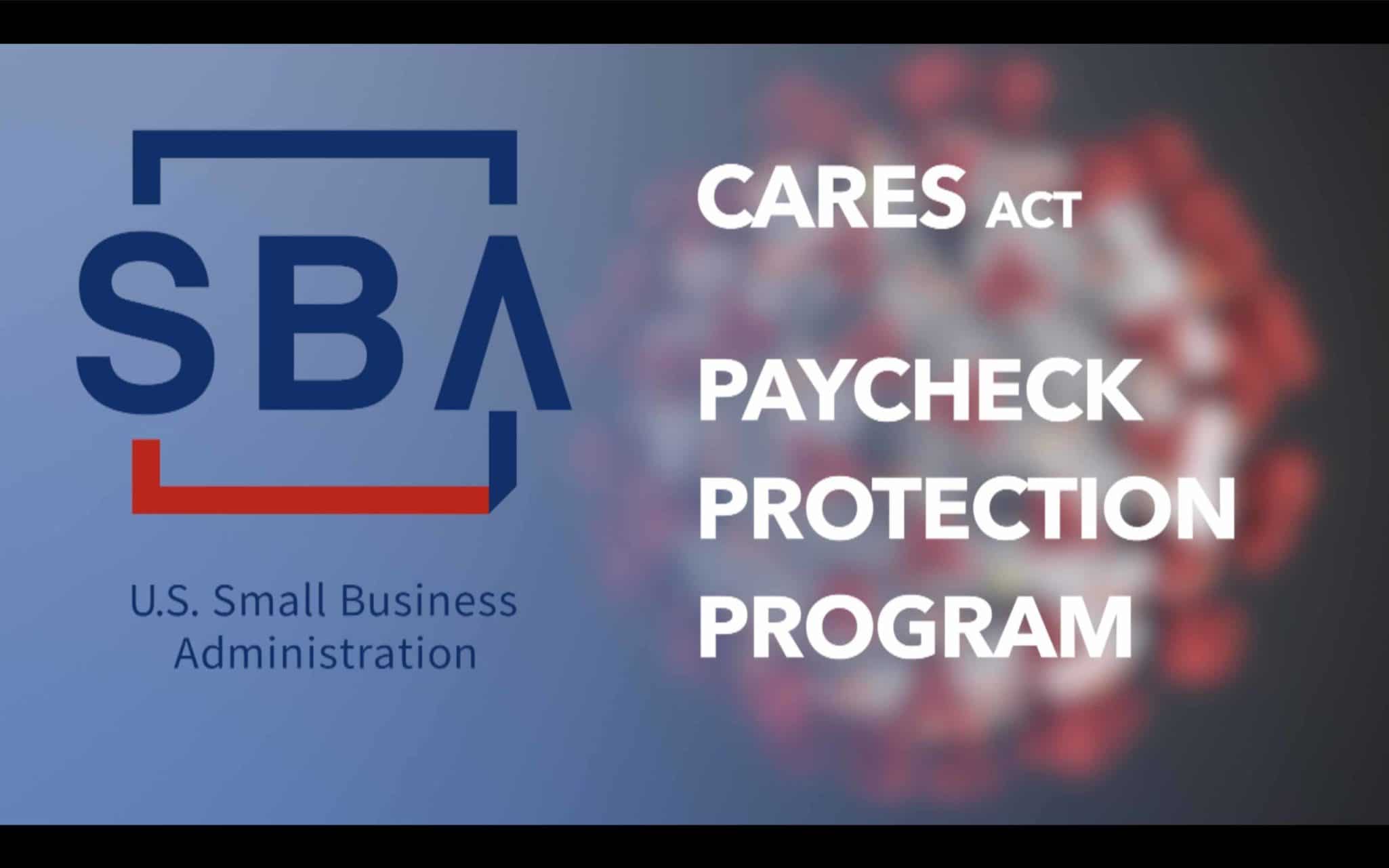
Business Valuation: GABB BCB Class Oct 19, 2021
Learn basic approaches to business valuation, including how COVID may have impacted what a business is worth and tax strategies for maximum profits in this three-hour class offered by the Georgia Association of Business Brokers. The class will be held from 10 a.m. until 1 p.m. on Tuesday, Oct. 19, 2021 at the Georgia Association of Realtors classroom and also available online. Registration is now closed. Students who successfully complete the GABB class will earn credits towards the Board-Certified Broker designation, the first Georgia-specific certification for business brokers. To earn the BCB, business brokers must be members of the GABB and complete 45 hours of coursework. During this extraordinary time in our nation’s economy, the GABB feels that an excellent use of time would be to strengthen the skills professionals need to represent clients fairly, ethically and responsibly. The class (GREC #73547) also offered three hours of continuing education credit towards renewing a Georgia real estate license through the Georgia Real Estate Commission and the GABB’s Real Estate School (GREC #8074). The class will be taught by Jeff Forrestall, CPA, CFF, ABV, PFS, Managing Partner of Forrestall CPAS and Ricky Moore, CPA, PFS, ABV, QKA, MBA, the Manager of Advisory Services at Forrestall CPAs. Both instructors have experience in tax and financial planning and business valuation. Topics to be covered in this three-hour class include:
- Reconciling Valuation Approaches – Why sellers like the market approach and buyers like the income approach
- COVID Updates: How COVID can affect entity value
- Evaluating and Reducing company-specific risk
- How to increase after-tax proceeds at the exit point
- Ethical issues affecting business valuations
If you want to attend via Zoom, and you have not received an email with information about how to join, contact GABB School Director Diane Loupe at diane.loupe@gabb.org or text her at 404-374-3990 for more information. INSTRUCTORS:

Jeff Forrestall, CPA, CFF, ABV, PFS – Managing Partner of Forrestall CPAs.

Ricky Moore, CPA, PFS, ABV, QKA, MBA is the Manager of Advisory Services at Forrestall CPAs.

SBA Announces Official Restaurant Revitalization Fund Application and Guidelines

Isabella Casillas Guzman is the 27th Administrator of the U.S. Small Business Administration (SBA).
Economic relief prioritized for underserved communities
WASHINGTON – SBA Administrator Isabella Casillas Guzman has announced key details on application requirements, eligibility, and a program guide for the Restaurant Revitalization Fund (RFF). The restaurant industry has been among the hardest-hit sectors during the economic downturn caused by the COVID-19 pandemic. To help bring jobs back and revive the industry, the American Rescue Plan, signed into law by President Joe Biden, established the $28.6 billion Restaurant Revitalization Fund at the U.S. Small Business Administration (SBA). The SBA will administer the funds to the hardest-hit small restaurants.
“Today, we are starting the process to help restaurants and bars across the country devastated by the pandemic, and this is our message: Help is here. With the launch of the Restaurant Revitalization Fund, we’re prioritizing funding to the hardest-hit small businesses – irreplaceable gathering places in our neighborhoods and communities that need a lifeline now to get back on their feet,” said SBA Administrator Isabella Casillas Guzman on April 17, 2021. “And, thanks to clear directives from Congress, we’re rolling out this program to make sure that these businesses can meet payroll, purchase supplies, and get what they need in place to transition to today’s COVID-restricted marketplace.”
Administrator Guzman emphasized, “We’re also focused on ensuring that the RRF program’s application process is streamlined and free of burdensome, bureaucratic hurdles – while still maintaining robust oversight. Under my leadership, the SBA aims to be as entrepreneurial as the entrepreneurs we serve – and that means meeting every small business where they are, and giving them the support they need to recover, rebuild and thrive.”
Under this announcement, details on application requirements, eligibility, and a program guide are now available in English at www.sba.gov/restaurants or in Spanish at www.sba.gov/restaurantes.
Ahead of the application launch and over the next two weeks, the SBA will establish a seven-day pilot period for the RRF application portal and conduct extensive outreach and training. The pilot period will be used to address technical issues ahead of the public launch. Participants in this pilot will be randomly selected from existing PPP borrowers in priority groups for RRF and will not receive funds until the application portal is open to the public.
Following the pilot, the application portal will be opened to the public. The official application launch date will be announced at a later date. For the first 21 days that the program is open, the SBA will prioritize reviewing applications from small businesses owned by women, veterans, and socially and economically disadvantaged individuals. Following the 21-day period, all eligible applicants are encouraged to submit applications.
The groundwork for this announcement is the result of a comprehensive effort to reach out to diverse stakeholders in order to understand the needs and barriers restaurants face in accessing emergency relief aid.
“Local restaurants and bars are being served very good news today,” said Erika Polmar, Executive Director of the Independent Restaurant Coalition. “These guidelines were crafted by the SBA after conversations with independent restaurant and bar operators across the country. We are grateful to the SBA for their hard work to make this process as accessible as possible in a short period of time. It is clear the SBA and the Biden Administration care deeply about ensuring businesses struggling the most can quickly and effectively use this relief program, and we look forward to continued conversations and collaboration to ensure this fund works as intended for the independent restaurant and bar community.”
Community business leaders from underserved communities also welcomed RRF assistance as much-needed economic relief and are working with their broad membership bases to navigate the grant application process.
“In addition to historically having less operating liquidity and revenue than almost any other small business demographic, Black-owned restaurants received significantly less stimulus funding during the COVID-19 pandemic, heightening challenges and leading to disproportionate closures,” said Ron Busby, Sr., president and CEO, U.S. Black Chambers, Inc. “The USBC believes this initiative and collaboration with the SBA will bring needed resources and relief to these often underserved businesses to aid in stabilization, recovery and ultimately, strengthen our economy.”
In addition to restaurant groups and leading advocacy groups for underserved business communities, the SBA has engaged national and state trade associations, and other small business stakeholders in recent weeks to understand their concerns about relief programs.
“Small and independent craft breweries are vibrant community gathering places that can be found in nearly every congressional district in the U.S. and contribute to manufacturing, hospitality, retail, tourism, and agricultural industries,” said Bob Pease, president and CEO, Brewers Association. “We are pleased to work with the SBA to promote the Restaurant Revitalization Fund landing page and its available resources, and assist the breweries hit hardest by COVID-19 secure much needed additional relief to help them survive the pandemic and prepare for the restart of the economy.”
At all levels, the SBA will continue engaging with stakeholder communities to inform and design delivery of financial assistance programs. As the SBA builds and prepares to roll out the program, this dedicated SBA website is the best source for up-to-date information for eligible restaurants interested in the RRF.
About the U.S. Small Business Administration
The U.S. Small Business Administration helps power the American dream of business ownership. As the only go-to resource and voice for small businesses backed by the strength of the federal government, the SBA empowers entrepreneurs and small business owners with the resources and support they need to start, grow or expand their businesses, or recover from a declared disaster. It delivers services through an extensive network of SBA field offices and partnerships with public and private organizations. To learn more, visit www.sba.gov.
Read More
SBA to Increase Lending Limit for COVID-19 Economic Injury Disaster Loans
WASHINGTON – The U.S. Small Business Administration is increasing the maximum amount small businesses and non-profit organizations can borrow through its COVID-19 Economic Injury Disaster Loan (EIDL) program. Starting the week of April 6, 2021, the SBA is raising the loan limit for the COVID-19 EIDL program from 6-months of economic injury with a maximum loan amount of $150,000 to up to 24-months of economic injury with a maximum loan amount of $500,000.

Isabella Casillas Guzman is the 27th Administrator of the U.S. Small Business Administration (SBA)
“More than 3.7 million businesses employing more than 20 million people have found financial relief through SBA’s Economic Injury Disaster Loans, which provide low-interest emergency working capital to help save their businesses. However, the pandemic has lasted longer than expected, and they need larger loans. Many have called on SBA to remove the $150,000 cap. We are here to help our small businesses and that is why I’m proud to more than triple the amount of funding they can access,” said SBA Administrator Isabella Casillas Guzman.
Businesses that receive a loan subject to the current limits do not need to submit a request for an increase at this time. SBA will reach out directly via email and provide more details about how businesses can request an increase closer to the April 6 implementation date. Any new loan applications and any loans in process when the new loan limits are implemented will automatically be considered for loans covering 24 months of economic injury up to a maximum of $500,000.
This new relief builds on SBA’s previous March 12, 2021 announcement that the agency would extend deferment periods for all disaster loans, including COVID-19 EIDLs, until 2022 to offer more time for businesses to build back. In order to shift all EIDL payments to 2022, SBA will extend the first payment due date for disaster loans made in 2020 to 24-months from the date of the note and to 18-months from the date of the note for all loans made in the calendar year 2021.
Questions about SBA COVID-19 EIDL and disaster loan payments can be emailed to DisasterCustomerService@sba.gov or directed to SBA’s Customer Service Center at 1-800-659-2955 (1-800-877-8339 for the deaf and hard of hearing).
The Georgia Association of Business Brokers has many members who are experts in SBA loans. Consult our affiliated professionals directory for help.
###
About the U.S. Small Business Administration
The U.S. Small Business Administration helps power the American dream of business ownership. As the only go-to resource and voice for small businesses backed by the strength of the federal government, the SBA empowers entrepreneurs and small business owners with the resources and support they need to start, grow or expand their businesses, or recover from a declared disaster. It delivers services through an extensive network of SBA field offices and partnerships with public and private organizations. To learn more, visit www.sba.gov.
Read More
SBA Extends Deferment Period for all COVID-19 EIDL and Other Disaster Loans until 2022

SBA Administrator Tami Perrillo
WASHINGTON –The U.S. Small Business Administration announced extended deferment periods for all disaster loans, including the COVID-19 Economic Injury Disaster Loan (EIDL) program, until 2022.
- All SBA disaster loans made in calendar year 2020, including COVID-19 EIDL, will have a first payment due date extended from 12-months to 24-months from the date of the note.
- All SBA disaster loans made in calendar year 2021, including COVID-19 EIDL, will have a first payment due date extended from 12-months to 18-months from the date of the note.
Existing SBA disaster loans approved prior to 2020 in regular servicing status as of March 1, 2020, received an automatic deferment of principal and interest payments through December 31, 2020. This initial deferment period was subsequently extended through March 31, 2021. An additional 12-month deferment of principal and interest payments will be automatically granted to these borrowers. Borrowers will resume their regular payment schedule with the payment immediately preceding March 31, 2022, unless the borrower voluntarily continues to make payments while on deferment. It is important to note that the interest will continue to accrue on the outstanding balance of the loan throughout the duration of the deferment.
“Small Businesses, private nonprofits and agricultural enterprises, including those self-employed individuals, contractors and gig workers, continue to navigate a very difficult economic environment due to the continued impacts of the Coronavirus COVID-19 pandemic, as well as historic Severe Winter Storms in 2020,” SBA Administrator Tami Perrillo said.
“The COVID-19 EIDL program has assisted over 3.7 million of small businesses, including non-profit organizations, sole proprietors and independent contractors, from a wide array of industries and business sectors, through this challenging time,” continued Perrillo.
SBA continues to strive to make available all previously approved Coronavirus Pandemic stimulus funding and administer the new targeted programs related to provisions in the 2020 Economic Aid to Hard-Hit Small Businesses, Nonprofits, and Venues Act (the Economic Aid Act) as quickly as possible.
“The American people and the nation’s Small Business owners need our tireless effort and dedication to get this essential funding to those in great need, and SBA will not rest until we implement President Biden’s “American Rescue Plan” and its’ additional targeted programs and funds allocated for America’s small business and nonprofit communities,” said SBA Senior Advisor Michael Roth .
COVID-19 EIDL loans are offered at very affordable terms, with a 3.75% interest rate for small businesses and 2.75% interest rate for nonprofit organizations, a 30-year maturity. Interest continues to accrue during the deferment period and borrowers may make full or partial payments if they choose.
In mid-February 2021, SBA reached a milestone in the success of the COVID-19 EIDL program, by approving more than $200 billion in emergency funding in low-interest loans, providing working capital funds to small businesses, non-profits and agricultural businesses to survive the severe impacts of this catastrophic and historic period within the entire United States of America and its territories. SBA continues to approve over $500 million each week for the COVID-19 EIDL program.
Questions on SBA COVID-19 EIDL and disaster loan payments can be answered by email at DisasterCustomerService@sba.

PPP Loan Period For Small Businesses
Until March 9, businesses with fewer than 20 employees will have exclusive access to apply for PPP loans.
On February 22, 2021, the Biden-Harris administration announced the following changes to the PPP program to further promote equitable access to relief. Please click to read the White House Fact Sheet.
- Institute a 14-day period, during which only businesses with fewer than 20 employees can apply for relief through the Program.
- The 14-day period will start on Wednesday, February 24, 2021 at 9 am and end on March 9th, 2021. Loans with 20 or more employees will be rejected during this period.
- All loans (regardless of employee count) submitted to SBA prior to February 24th will be processed as normal.
- Help sole proprietors, independent contractors, and self-employed individuals receive more financial support.
- A change to the calculation formula will be implemented to help sole proprietors, independent contractors, and self-employed individuals receive more financial support.
- Eliminate a restriction preventing small business owners with prior nonfraud felony convictions from obtaining relief through the PPP.
- Eliminate the rule that prevents small business owners who are delinquent on their federal student loans from obtaining relief through the Paycheck Protection Program.
- Allow non-citizen small business owners who are lawful U.S. residents to use individual taxpayer identification numbers (ITINs) to apply for relief.
Treasury/SBA are working on program changes and will communicate details throughout this week, according to a fact sheet provided by Georgia Primary Bank.
If you have questions regarding your PPPSD application please contact your assigned PPP Lender directly. Your lender will be able to answer Treasury/SBA policy questions, however lenders are unable to provide any tax or accounting advice outside of written Treasury/SBA guidelines. Georgia Primary Bank encourages borrowers to contact their CPA, Bookkeeper or the local Small Business Development Center for help with technical questions.
